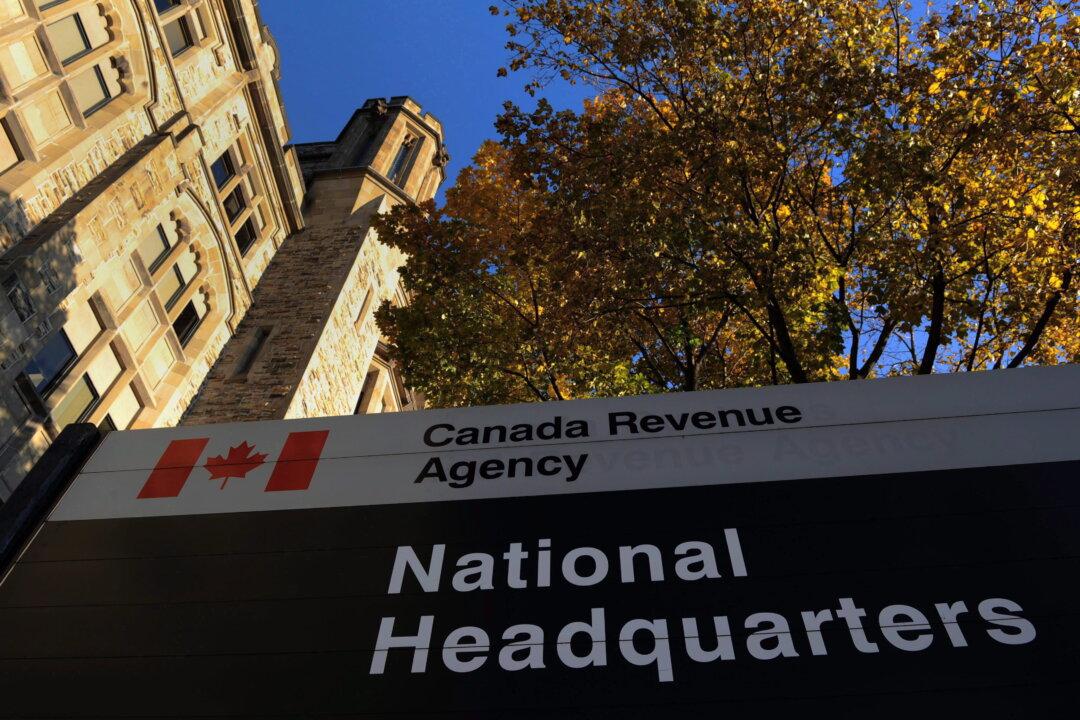NEWS ANALYSIS
Tax reform in Canada is badly needed and it can’t keep getting put off.On the corporate side, Canadian businesses’ lack of competitiveness relative to the United States has been a thorn in the side of the economy. A closely entwined issue is the personal income side due to the highly progressive nature of the tax system—five tax brackets—which reaches a top rate of 53.5 percent.





